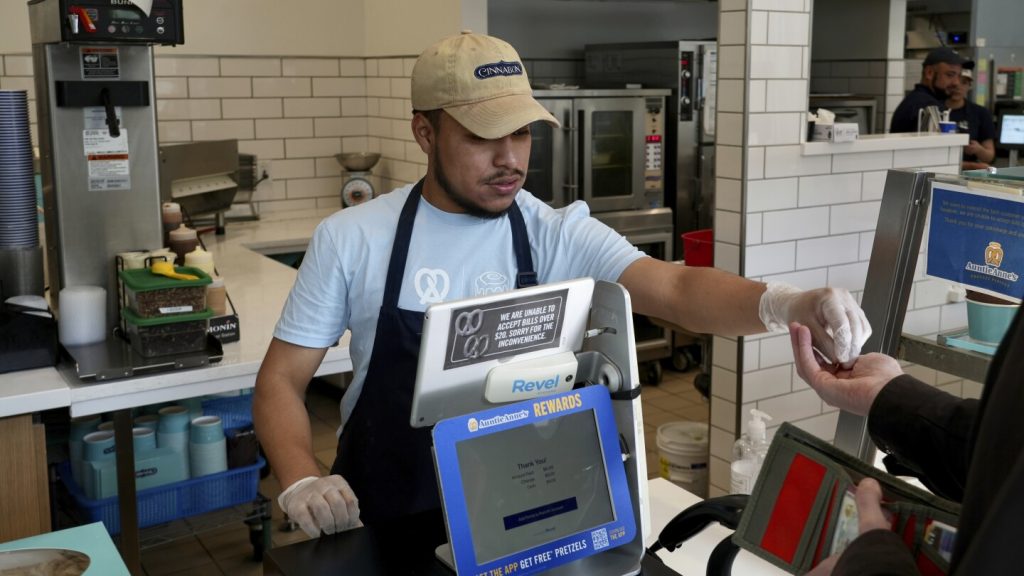A new law set to take effect in California on Monday will guarantee most fast food workers in the state a minimum wage of at least $20 per hour. This move is aimed at providing more financial security to a historically low-paying profession, where many adults work full-time to support their families. The law was passed by Democrats in the state Legislature last year, acknowledging that a significant portion of the more than 500,000 fast food workers are not teenagers earning spending money, but individuals striving to make a living. Immigrants like Ingrid Vilorio, who started working at a McDonald’s shortly after arriving in the U.S. in 2019, will benefit from this increase in wages, although some have mixed feelings about the timing of the raise.
While the law was initially supported by the trade association representing fast food franchise owners, many franchise owners have expressed concerns about its impact on their businesses, especially during California’s slowing economy. Alex Johnson, who owns multiple Auntie Anne’s Pretzels and Cinnabon restaurants in the San Francisco Bay Area, stated that he will have to raise prices at his stores by 5% to 15% to cover the increased labor costs. For Johnson, this will amount to an additional expense of about $470,000 per year, prompting him to consider the possibility of selling or even closing his business due to the slim profit margins and rising expenses.
Over the past decade, California has gradually increased its minimum wage for most workers to $16 per hour. Despite concerns that this increase might lead to job losses, data shows that wages have risen without significant negative impacts on employment. Labor economics professor Michael Reich noted that the state’s larger cities already have minimum wages higher than the statewide rate, resulting in a smaller relative jump for many fast-food restaurants. The $20 per hour minimum wage for fast food workers was the result of negotiations between the industry and labor unions, representing a carefully crafted compromise that also addressed issues related to benefits and legal liabilities.
The law applies to fast food restaurants that offer limited or no table service and are part of national chains with at least 60 establishments nationwide. Certain exemptions apply, such as restaurants operating within grocery establishments or those primarily focused on selling bread as a stand-alone item. Initially, there was confusion regarding the exemption for bread-based restaurants, including Panera Bread, as it was reported that this exemption would benefit a wealthy campaign donor to Governor Newsom. However, the administration clarified that the wage increase law does apply to Panera Bread, and the donor has committed to paying his workers at least $20 per hour. Overall, the implementation of this new law will have wide-ranging effects on the fast food industry in California, impacting both workers and businesses attempting to navigate the changing economic landscape.















